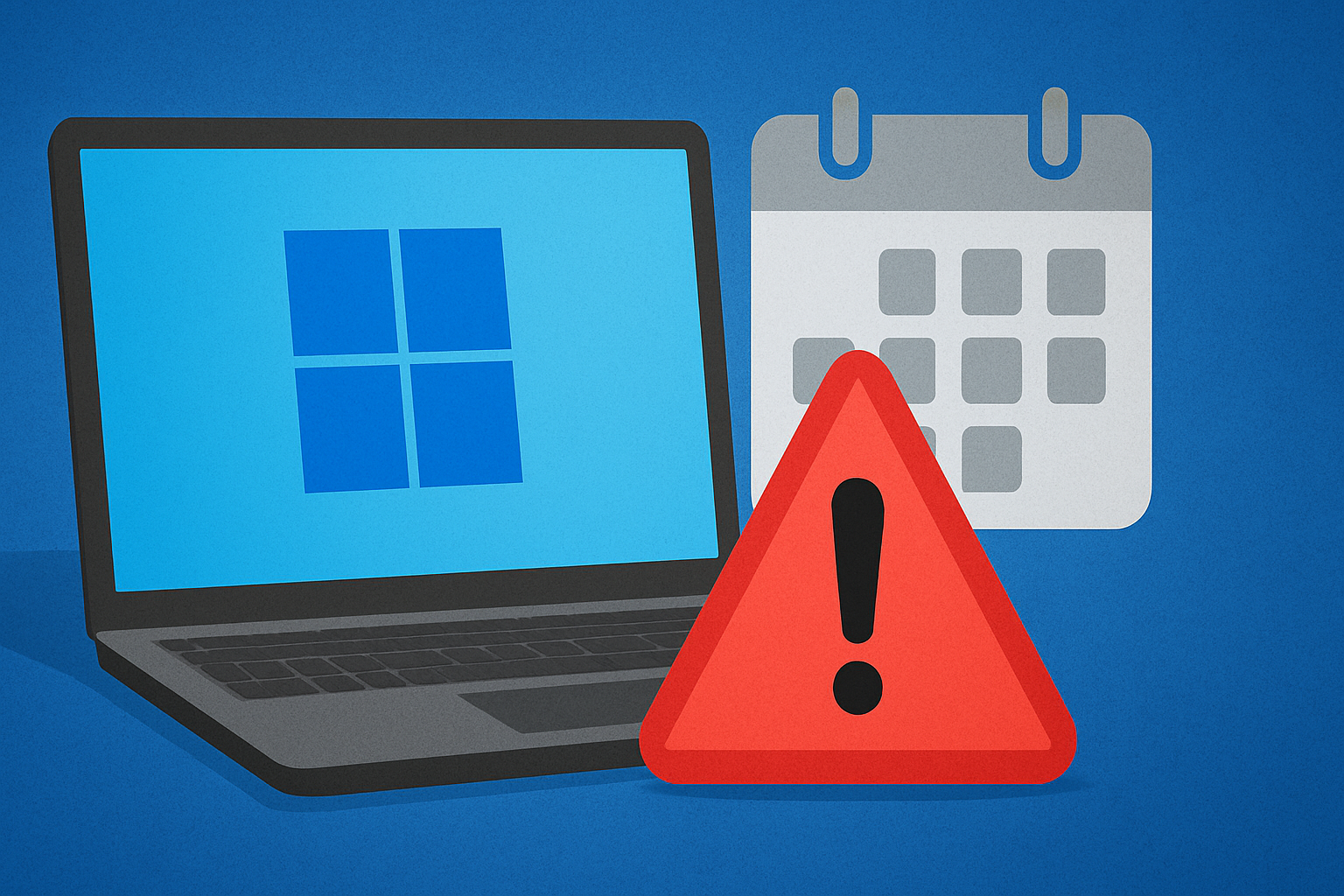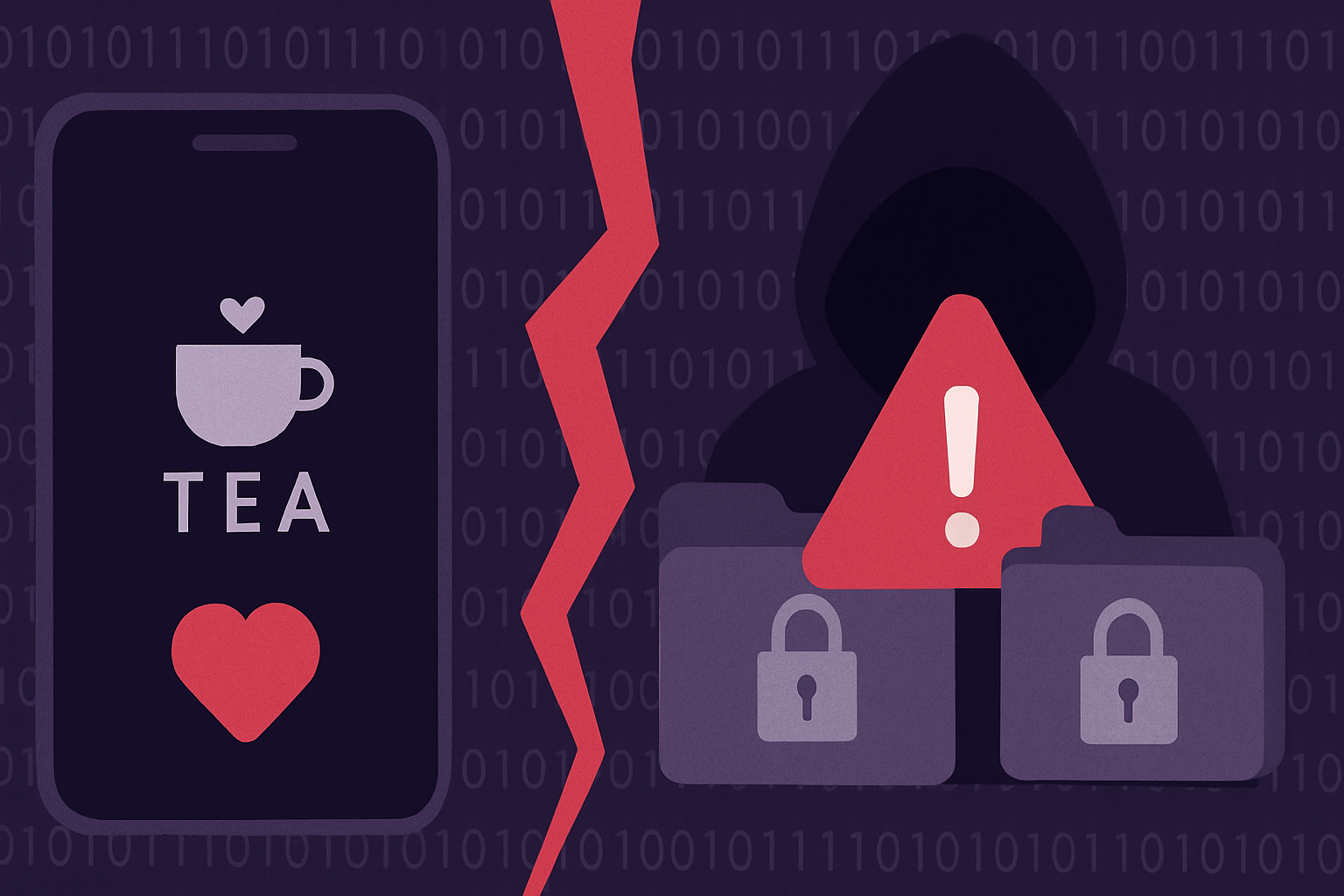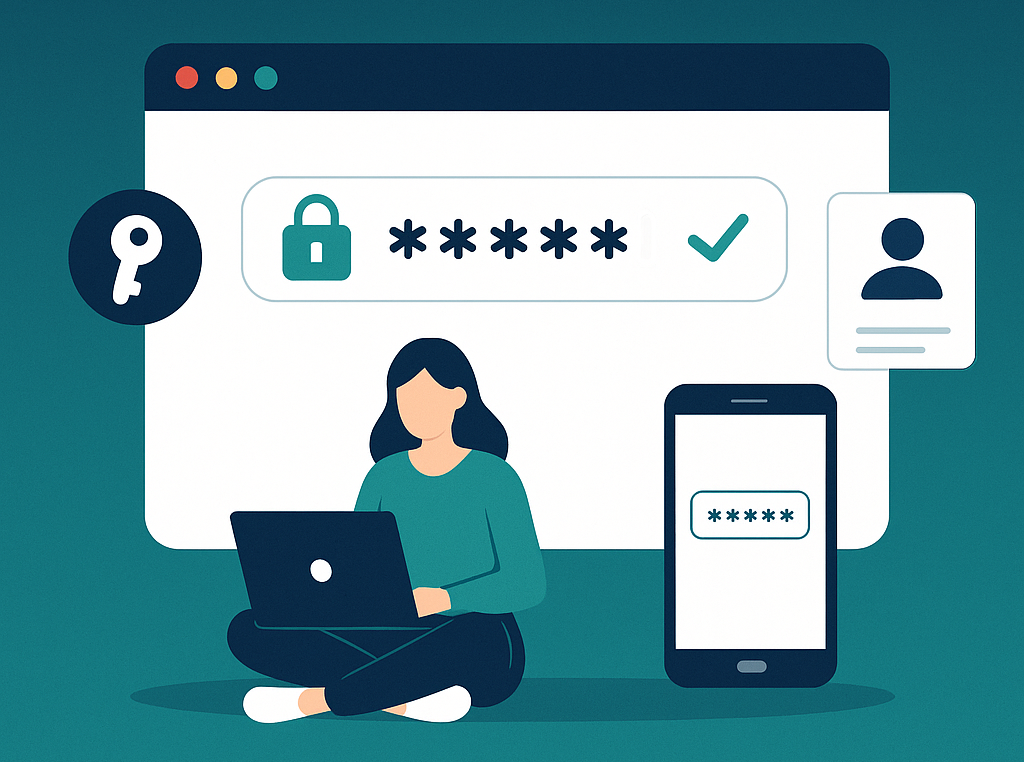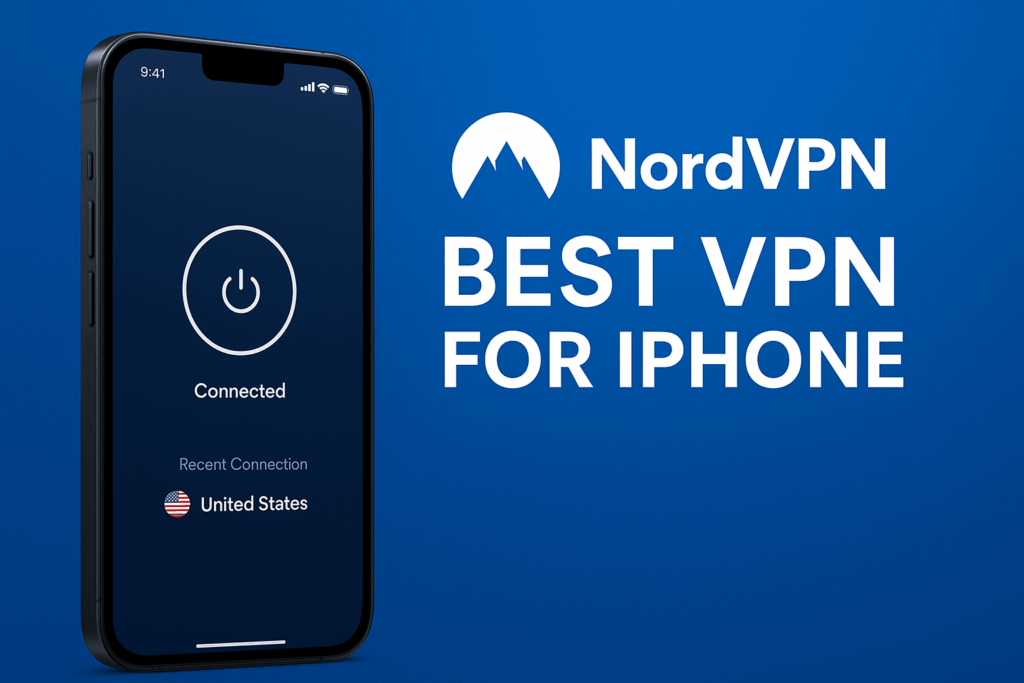The Clock Is Ticking for Windows 11 23H2
If you’re still running Windows 11 version 23H2 (Home or Pro), time’s almost up.
Microsoft has confirmed that support for this version ends on November 11, 2025 — just one month away.
After that date, your PC will stop receiving security patches, bug fixes, and quality updates, leaving your system exposed to new cyber threats. For cybersecurity experts, that’s a ticking time bomb.
What “End of Support” Really Means
Once Windows 11 23H2 hits end of servicing, Microsoft cuts the safety cord:
- ❌ No more monthly security patches
- ❌ No bug fixes or new drivers
- ❌ No official Microsoft support
That means every new vulnerability discovered after November 11 will go unpatched.
In cybersecurity terms, that’s like leaving your front door unlocked — permanently.
Enterprise and Education editions will continue receiving updates until late 2026, but Home and Pro editions are next on the chopping block.
Why This Matters for Cybersecurity
Unsupported Windows builds quickly become the weakest link in your digital defense.
Once patches stop, hackers know exactly which exploits to target — and they move fast.
Expect an increase in:
- Ransomware leveraging unpatched kernel flaws
- Credential-stealing malware abusing outdated Defender APIs
- Browser-based exploits aimed at legacy system files
If your OS is unsupported, your entire network becomes more vulnerable — even if your antivirus is up to date.
How to Check If You’re Affected
Go to Settings → System → About.
If you see Windows 11 Version 23H2, you’re running out of time.
Even if you haven’t received an update prompt yet, that doesn’t mean you’re safe — your device might just be on a deferred rollout schedule.
Your Upgrade Options: 24H2 or the All-New “Windows 11 2025”
Microsoft’s current stable build is Windows 11 version 24H2 (2024 Update) — supported until October 2026.
However, there’s also a newer, long-term option on the horizon: Windows 11 2025 (version 25H2).
Here’s what you can do:
- Upgrade to Windows 11 24H2
It’s available now through Windows Update for most compatible devices and offers extended support into 2026.
Ideal if you need stability right away. - Jump straight to Windows 11 2025 (25H2)
Scheduled for broader rollout later this year, this version will carry new AI-powered features, improved security baselines, and support into late 2027.
Power users and IT admins who want to stay ahead of the curve can plan to migrate directly once it’s released for general availability. - Back up before upgrading
Always secure your data before any major system change. Use OneDrive, an external SSD, or a cloud backup solution. - Check compatibility
Ensure your hardware meets Windows 11 requirements — TPM 2.0, Secure Boot, and supported CPU families.
Pro Tip: Watch for “Safeguard Holds”
Not everyone will see the new update immediately. Microsoft uses safeguard holds to temporarily block upgrades on devices with driver or app issues. Once the problem is fixed, you’ll get the update automatically.
The end of support for Windows 11 23H2 (Home and Pro) is more than just another patch deadline — it’s a security turning point.
Leaving your OS unpatched is like running outdated antivirus software — risky, unnecessary, and easily avoidable.







